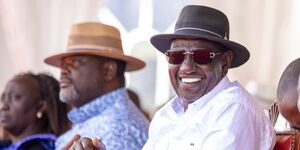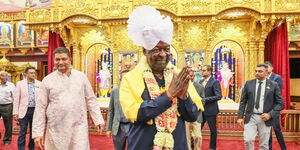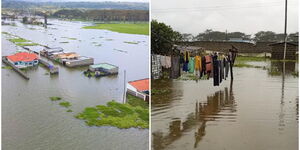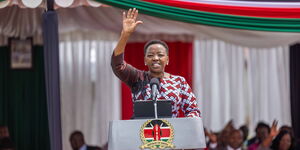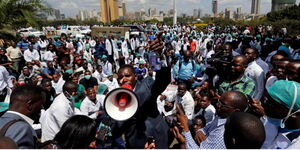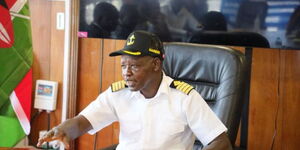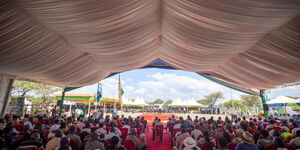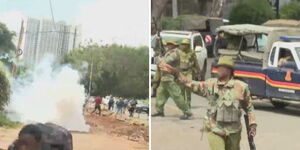Residents from Bangladesh, Mombasa's largest slum, have been using a voucher trading system using a currency known as Bangla-Pesa to buy and sell various basic commodities.
The group now believes that President Uhuru Kenyatta and Central Bank of Kenya Governor Patrick Njoroge should adapt the German-printed currency to help Kenyans get through the tough economic times.
The currency is only used by the 2,000 registered members of the group and comes in the form of 5, 10, 20, 40 and 50 notes.
A member is given a maximum of 400 Bangla-Pesa where 200 can be used to pay fees, buy goods or as a church offering and the other 200 goes back to the community and is used in cleaning up the area.
"The economy is dwindling but we thank God because we are trading among ourselves using Bangla-Pesa. It is a business-to-business voucher system that provides a means of payment that is complementary to the Kenyan official money," explained Paul Mwania, the Bangla-Pesa National Chairman.
The group came to the limelight when six of its members were arrested in 2013 after police mistook them for the successionist group Mombasa Republican Council (MRC).
Bangla-Pesa Grassroots Coordinator Emma Onyango asserts that the currency has become a tourist attraction and the government should tap into its potential.
"Bangla is now a tourist attraction. We should tap into that market and earn from it. The currency can be used specifically to help grow the economy," she suggested.


